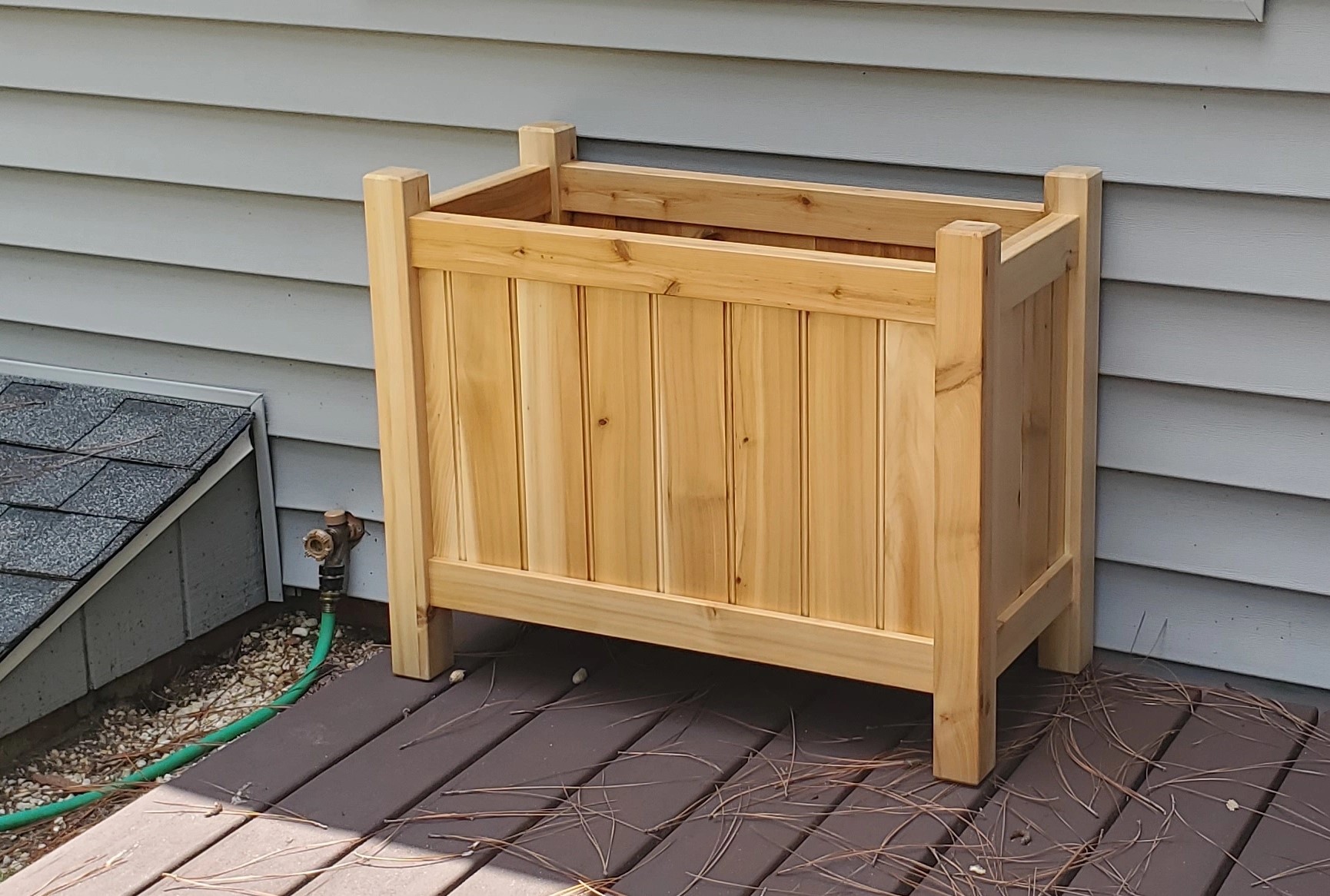I have very very old power tools. I cannot afford new ones. The problem is, if I’m being totally honest, I’m largely afraid of the tools I have. I’d like to get over this. How does one do that without direct supervision?
More info: I inherited tools from my parents and grandparents. Things I could afford to replace, like drills and drivers, I did. What I have left are big bladed things (chop saw, table saw, tile saw, etc. no lathe sadly :( ) None of the users of these specific tools are still alive. They are all probably 30+ years old, and work fine, probably, but… are just super intimidating (tho my grandfather had a lot of pre-electrification manual tools and I love those - So nice to take a manual plane to a solid door and end up with something that closes properly!). Some of them have plugs that screw together so you can repair them and everything (those I probably won’t use, absolutely terrifying if you fuck up). I’m mid 30s so I remember most of these things being used but I also remember the table saw I have in my garage taking off half my step-dads thumb…
I know power tools today are built to be a lot safer, but I definitely can’t afford those (I wouldn’t even be able to afford these but they were free for me), and I don’t know anyone with power tool skills (last learning I got was in hs shop class almost 20 years back) so how do I get comfortable with them enough to actually use them for the little projects I need them for? I don’t live in a big metro area, so there aren’t clubs afaik.


A few things:
Once you’ve got all that, practice. Things are a lot less intimidating when you’re working with things that are clamped down, with good safety gear, and everything is controlled.